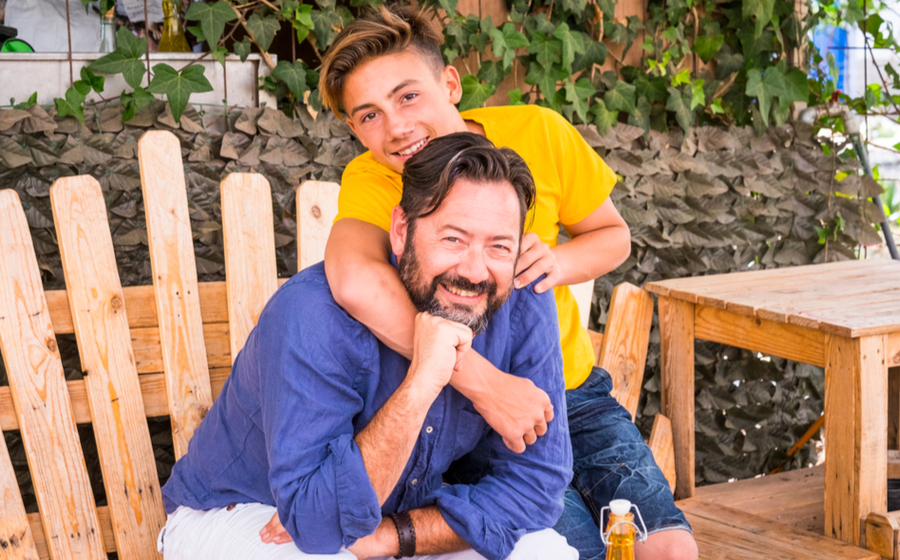


Adoption By A Step-Parent
Legally, there is no difference between an adopted child and a biological child for consent, surnames, custody, child support, inheritance and property laws, incest, criminal law, and so on. In most adoptions, the relationship between the child and both biological parents is terminated. In a stepparent adoption, only the noncustodial parent loses parental rights.
For some, it’s a matter of protecting the child from legal snafus around inheritance. For others, it’s an attempt to give equal status to all kids living in the household. The action itself may be a ritual of public commitment, like a wedding ceremony. For others, it’s just making legal what’s already a reality; the commitment, and the actions of parenting, have taken place long before.
Why is a step parent adoption important? A child with a legal father is more likely to:
- Have a stronger sense of family;
- Develop a strong bond with the father;
- Do well in school;
- Have better health care;
- Receive child support;
- Have inheritance rights;
- Have rights to social security, veterans and other benefits;
- The adoptive stepparent will have a say on legal decisions about the child;
- The adoptive stepparent will have the right to regular contact with the child if case of divorce with the biological parent.
